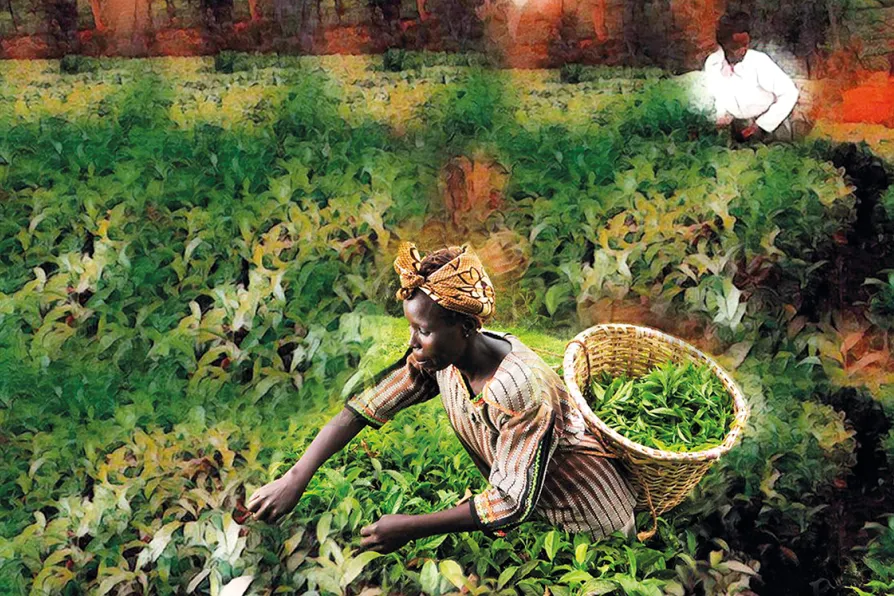As tens of thousands return to the streets for the first national Palestine march of 2026, this movement refuses to be sidelined or silenced, says PETER LEARY

 Thousands of Kenyans say Britain violently forced them from their land to seize Kericho County for tea cultivation
Thousands of Kenyans say Britain violently forced them from their land to seize Kericho County for tea cultivation
ONE of the many benefits of the Black Lives Matter movement is that it has forced an increased reckoning with the corrosive legacy of colonialism. This is especially important in Britain, as the brutal history of the British empire casts a long and enduring shadow on present-day global dynamics.
We cannot talk about the present without former empires engaging in a process of recognition, apologies, returning what was stolen and reparations for past atrocities.
By 1921, the British empire ruled a population of between 470 and 570 million people, approximately one-quarter of the world’s people. It covered about 14.3 million square miles, about a quarter of Earth’s total land area.

MOLLY DHLAMINI welcomes a Pan-Africanist and Marxist manifesto that charts a path for Africa’s resurgence












